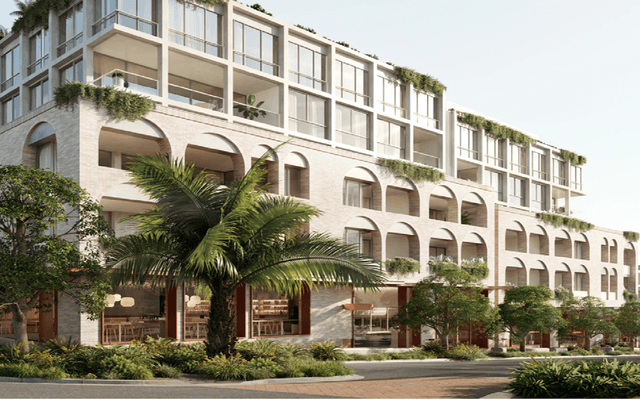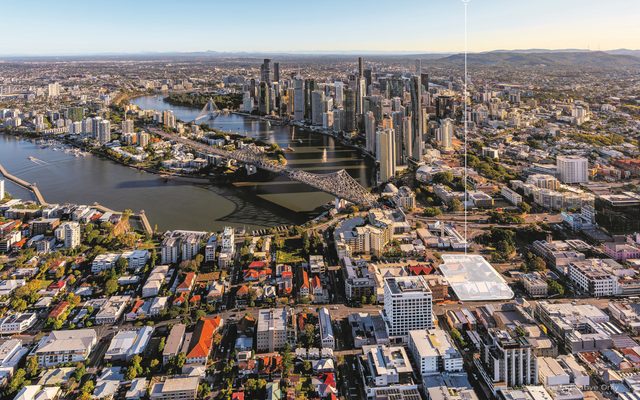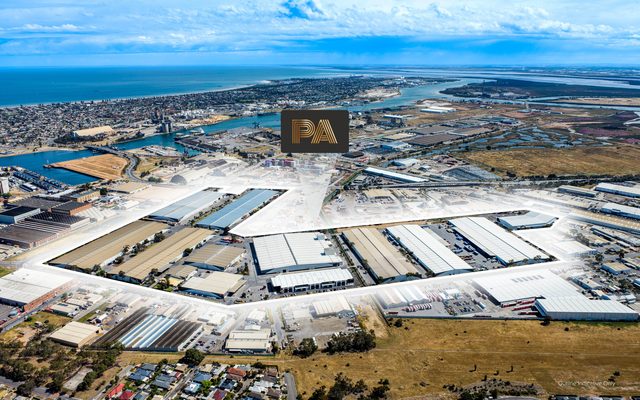This article is from the Australian Property Journal archive
SOUTH Australia’s retail market looks set to pick up in 2021, as the state reports $305 million in retail investment activity for 2020.
According to JLL, during the final quarter of 2020, South Australia recorded $175 million in transactions, exceeding the total transaction volumes of the previous nine months combined.
The largest transaction for the quarter were divestments from Makris Group, including the $60 million sale of City Cross Shopping Centre at 33-39 Rundle Mall to Revelop and the $50 million sale of the North Adelaide Village Centre to Greenpool Capital.
“Retail investment market activity in Adelaide rebounded in the second half of 2020 reflecting strong retail turnover growth, an improvement in the general economic outlook and supportive capital markets drivers. Investment demand remains relatively robust for low risk retail assets below $50 million,” said Ben Parkinson, managing director for JLL SA.
Growth in retail investment activity coincides with that in annual retail growth, which hit 7.1% in December of 2020, its highest rate of growth since June of 2009.
“The outlook for 2021 for investor interest is that stand-alone supermarkets and supermarket-anchored neighbourhood shopping centres with limited exposure to discretionary retailing will remain in demand from private investors and syndicators taking advantage of the low interest rate climate,” added Parkinson.
Spending in the household goods category increased by 19.6% year-over-year, the highest recorded since 1984 when data started being tracked.
Spending growth also rose by 9.5% year-over-year in the food category in December, again the highest growth since mid-2009.
“While COVID-19 has somewhat dampened the investment demand for centres exposed to discretionary retail such as fashion and dining out, the appetite for defensive rental income streams from supermarket-anchored Neighbourhood centres, Bunnings and single tenant long WALE retail investments has grown immensely. It’s expected that counter-cyclical investment strategies for retail assets will increase in 2021 as COVID-19 vaccines roll out and the hints of normalcy become more apparent,”
“Over the next 12 months, we anticipate increased vacancy risk surrounding discretionary retailers which is likely to add downward pressure to rents in regional centres particularly as JobKeeper evolves. Sub-regional centres appear to be mis-priced at the moment particularly those with an opportunity to unlock further development of non-retail uses and the strong performance of Discount Department stores in the second half of 2020,” concluded Parkinson.




